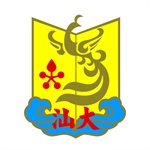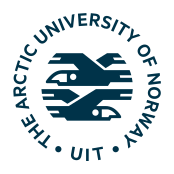📖Program Curriculum
Project details
Synthetic graphite is a material that has widespread application in nuclear reactors, both within the existing reactors that are currently used in the UK and in the planned next generation reactors. There is a need to increase understanding of this material to improve nuclear reactor designs, and the clean-up and recycling of irradiated graphite. We aim to develop an understanding of how the graphite bricks that make up the core of a nuclear reactor, respond to the high temperature/ high irradiation conditions in the core. Typically, these bricks contract and expand during the lifetime of the reactor, leading to cracking, which is a safety hazard in running the reactor. Computational modelling will be used to study the causes of this swelling by considering single atom defects as well as larger ripples and folds of the graphene sheets.
The existing simulation methods, have many limitations; density functional theory can only be applied to small structures and molecular dynamics relies upon simple approximations that fail to capture all the details of carbon atom bonding. Existing methods also fail to accurately predict the thermal and elastic properties of graphite. Therefore, these methods will be further developed to produce a hybrid model that takes the best parts of existing models, to construct a new model suitable for simulating irradiated graphite. Recently, machine learning has been applied to computer simulations with some success, so we will also investigate new machine learning and artificial intelligence techniques to predict the dynamics of atoms within carbon materials.
We are looking for a motivated and enthusiastic PhD candidate to join our research group. You will join a small research group based in the department of chemistry that consists of one post-doc, and Natural Sciences and MChem project students. We have regular weekly meetings where there will be ample opportunity for you to discuss current findings, propose new research directions and collaborate with others. EDF are advisors for the project, so there will also be opportunity for some interaction with them.
This project is also a great opportunity to gain training and development in a wide range of skills including: computer programming, performing large computer simulations on high-performance computing facilities, analysing data using Python (or similar methods), and writing and typesetting academic papers and reports using LaTeX.
The School of Science also has good policies in place on maternity/parental leave and Loughborough University and the School are involved with Athena Swan, the Race Equality Charter, Disability Confident Employer and Stonewall Diversity Champion statuses.
Loughborough University has an applied research culture. In REF 2021, 94% of the work submitted was judged to be top-rated as world-leading or internationally excellent. We are a community based on mutual support and collaboration. Through our Doctoral College there are continual opportunities for building important research skills and networks among your peers and research academics.
Show less








